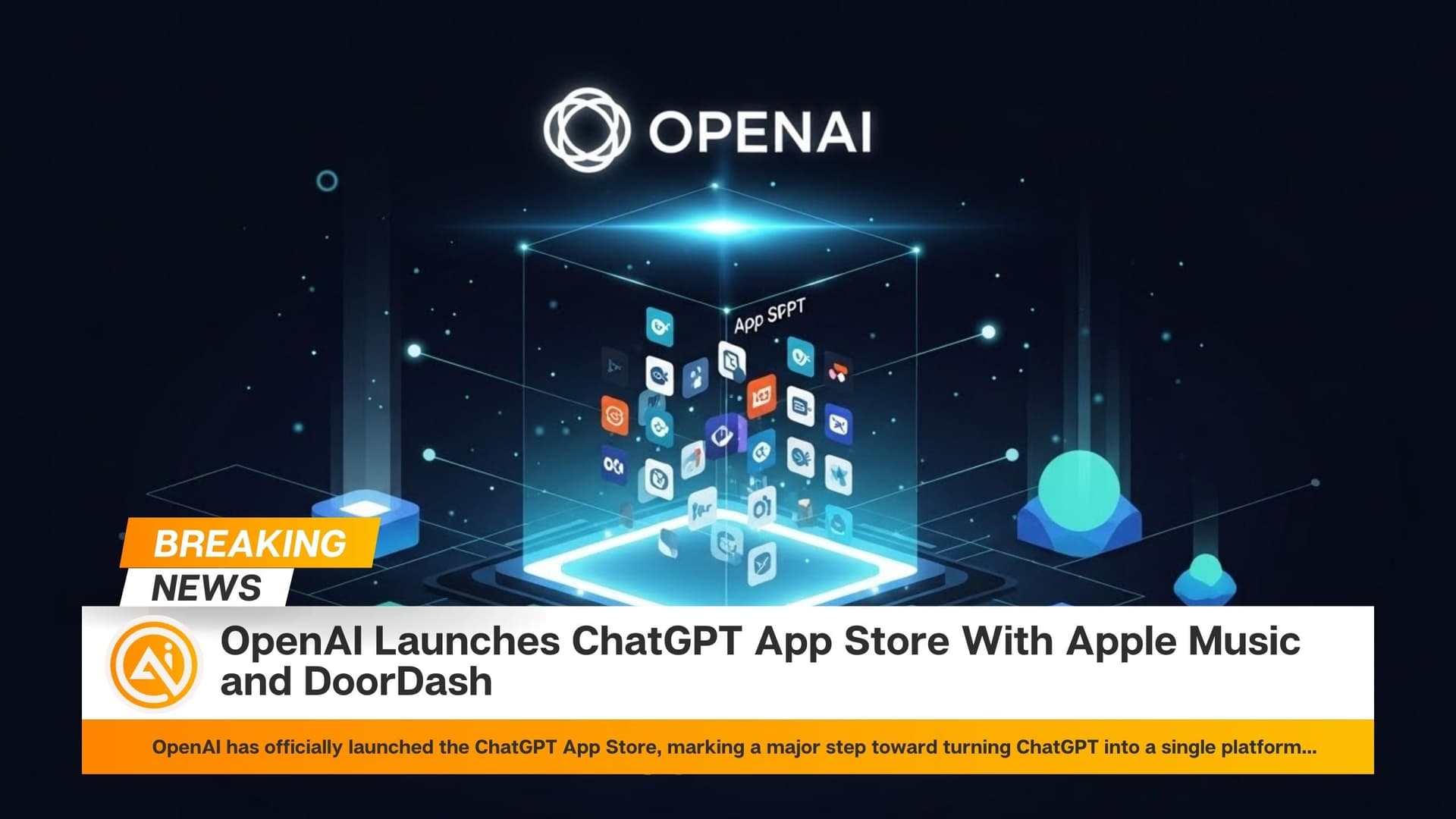OpenAI has made its upgraded image generation model, gpt-image-1, available through its API, allowing developers to integrate the technology into their own applications and services. The model, which gained widespread attention in late March for its ability to produce strikingly detailed images—including viral Ghibli-style scenes and AI-generated action figures—is now accessible to a wider developer audience.
Since its debut in ChatGPT, the image generator has sparked a wave of usage, with more than 130 million users generating over 700 million images in the first week alone. This surge boosted OpenAI’s user base significantly but also placed heavy demand on its infrastructure.
The gpt-image-1 model is described as “natively multimodal,” capable of creating images in a variety of styles, following detailed instructions, understanding global knowledge, and rendering text accurately. Through the API, developers can generate multiple images simultaneously and fine-tune the output by adjusting generation quality, which influences both speed and cost.
OpenAI has also built in safety mechanisms. The API version of the model includes the same policy-aligned guardrails as those in ChatGPT, with moderation sensitivity settings that allow developers to choose between standard and less restrictive content filtering. Additionally, every image generated includes C2PA metadata, ensuring it can be recognized as AI-generated on compatible platforms.
Pricing is structured around token usage: $5 per million input tokens for text prompts, $10 per million for image prompts, and $40 per million output tokens for the images themselves. Depending on the quality selected, this equates to roughly 2 to 19 cents per image.Major companies are already adopting the model. Adobe, Figma, Wix, Canva, and Instacart are among those incorporating gpt-image-1 to enhance design, e-commerce, and content workflows. Figma now supports in-app image generation and editing, while Instacart is exploring ways to use the model for visual recipe and shopping list creation.
